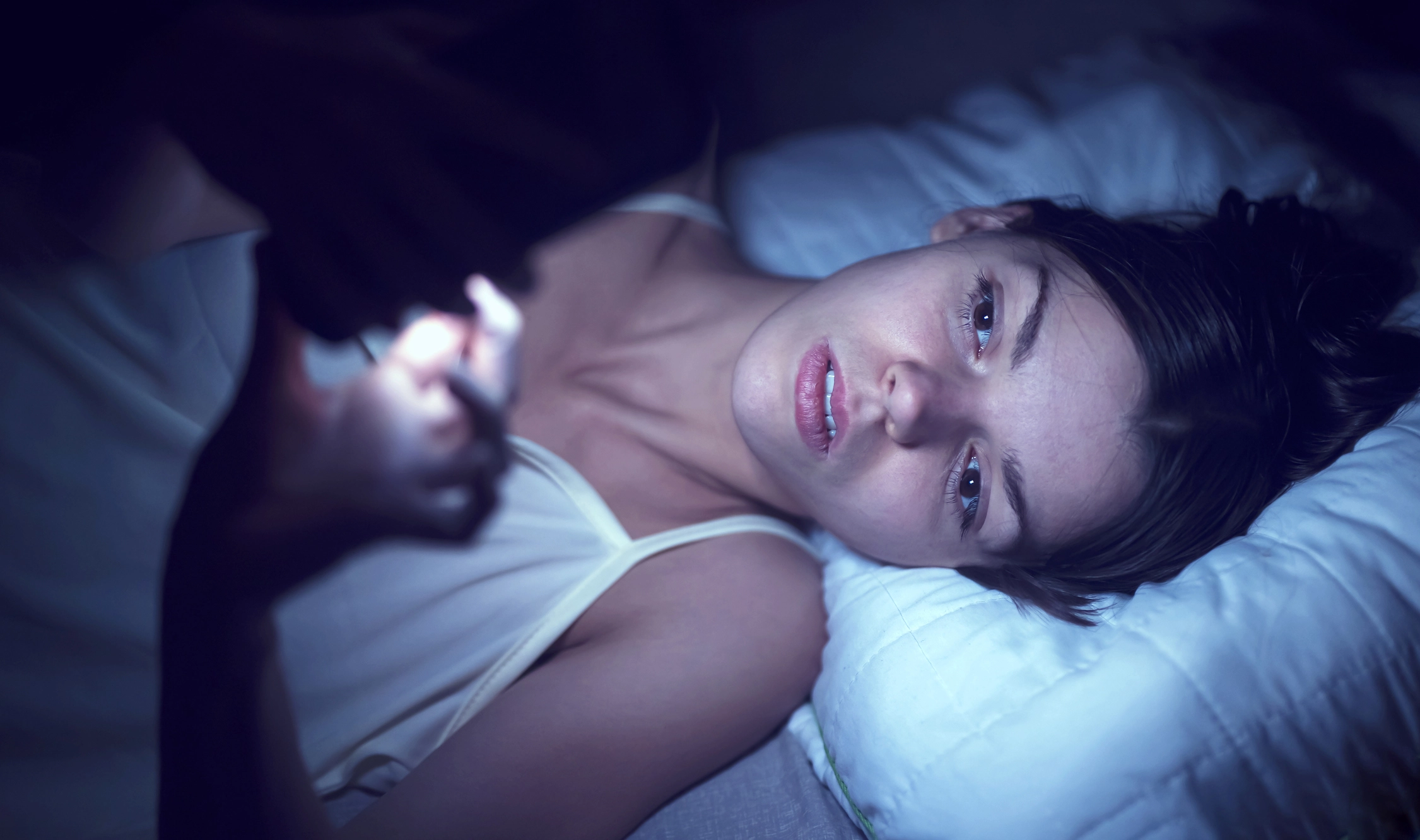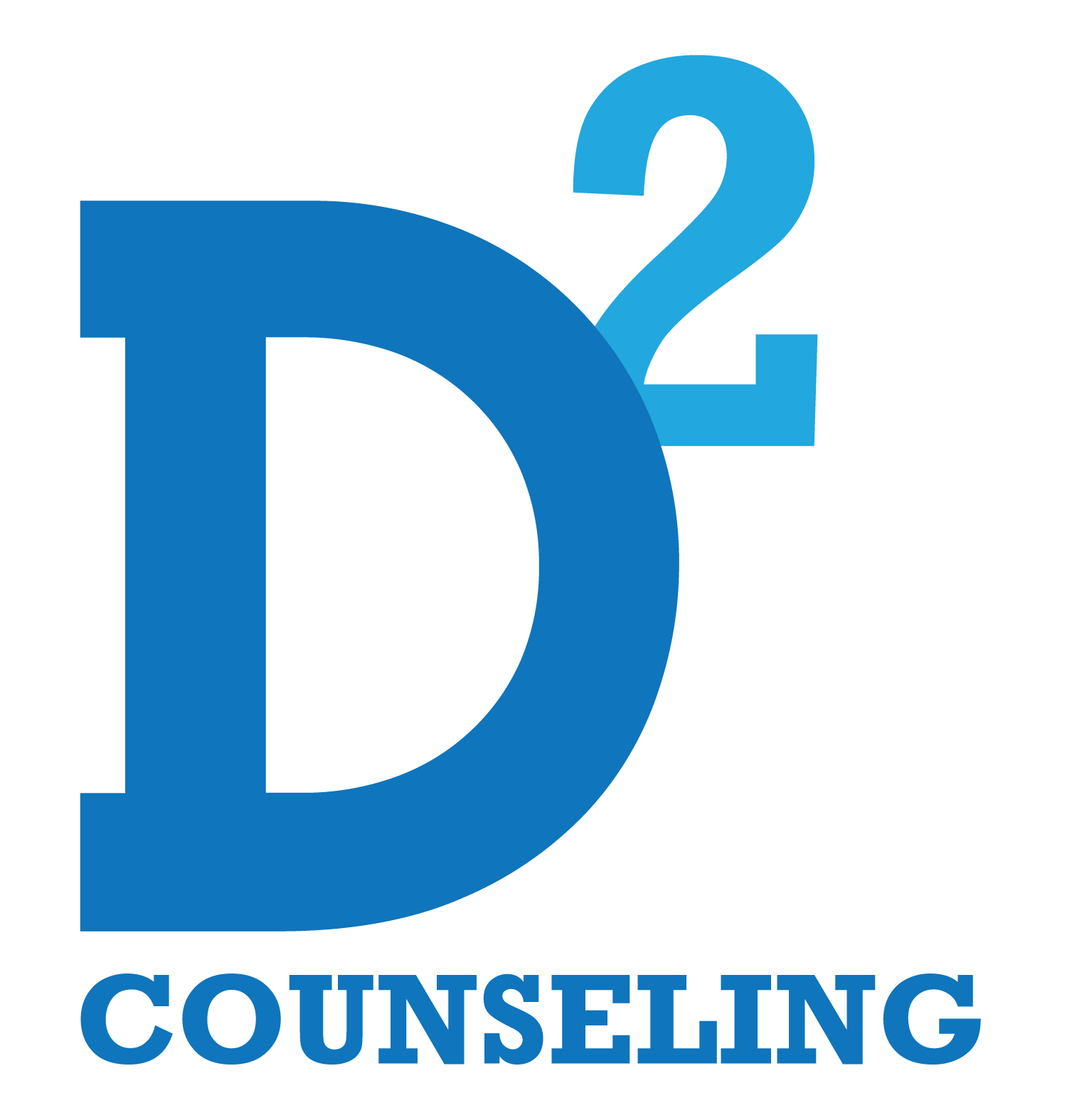In the last decade, smartphone usage has skyrocketed. Upon first consideration, it’s easy to assume that having access to social media online and the ability to text loved ones worldwide would make people feel more connected, but research shows that this isn’t the case.
As screen time takes up more hours of daily life, our fundamental social interactions become fewer. Messages or video calls can’t fully replicate relationships in real life, so many people are surprised when they feel even lonelier despite becoming more connected online.
Unfortunately, teenagers are especially at risk for negative effects from screen time, as they average 7 to 9 hours of time behind a screen daily, according to the American Academy of Child & Adolescent Psychiatry.
A decreased attention span and less developed communication and listening skills outside of the digital world are just a few of the negative side effects of excessive screen time. Data from the National Health and Nutrition Examination Survey found that adults who watched TV or used a computer for more than 6 hours per day were more likely to experience moderate to severe depression. Research has also found that more screen time may also be linked to less and worse sleep, which, in turn, is related to worse mental well-being.
The content being consumed online is as large of an issue as the time spent. Social media has created a digital culture glorifying edited images and curated moments. Many of us may identify with feelings of jealousy and low self-esteem when comparing ourselves to what we see online. Further, the algorithms behind the social media giants frequently promote stress-inducing content that is often divisive or “fake news” in order to increase engagement and keep people scrolling on their platforms.

The physical act of scrolling on our phones and laptops may also be affecting us due to the blue light emitted from the screens. A study done in connection with the Harvard Catalyst Clinical and Translational Science Center found that screen time before bed can further disrupt sleep patterns, as it may trick your body into thinking it’s still daytime.
These negative effects of screen time on our mental health can be felt in real-time. Despite this, are there any positives to time spent behind a screen? Social media and smartphones have made sharing resources, including apps created to promote mental health awareness, and being connected around the globe more possible than ever before.
The issues come about when the digital world starts interfering with our relationships and daily life, so it’s important that we pay attention to how time online may be affecting us. Some small changes to a daily routine may make a large impact. Introduce taking breaks, tracking social media usage, wearing glasses that block blue light, and even reading a book at night instead of being on a device to your routine. Our devices, when used in moderation, should simply be tools to help us accomplish tasks and stay connected. Finding the right balance for you is the path forward.
In the meantime, D2 Counseling can help you navigate struggles with depression and anxiety that screen time may be contributing to. Trained counselors like Jonathan can help you learn new tools and develop the self-awareness to maintain healthy habits for a happier you starting now.



